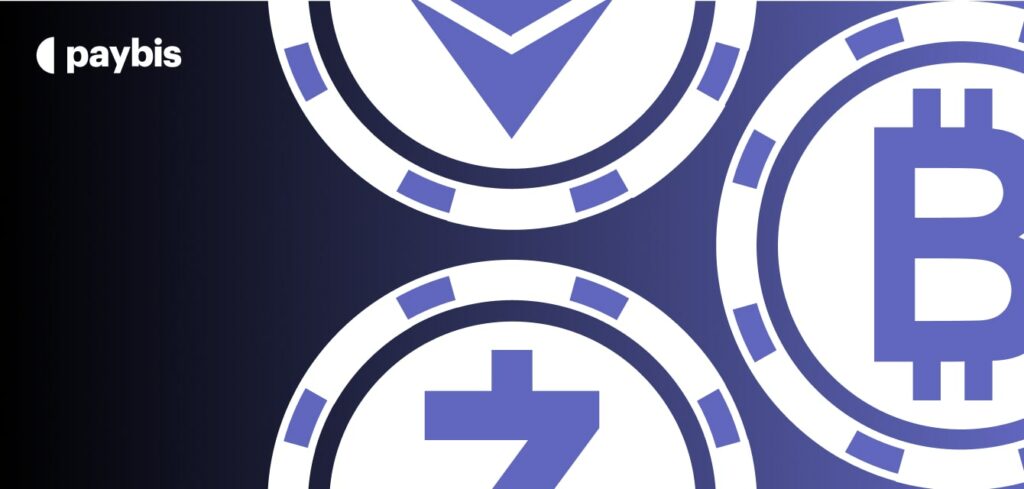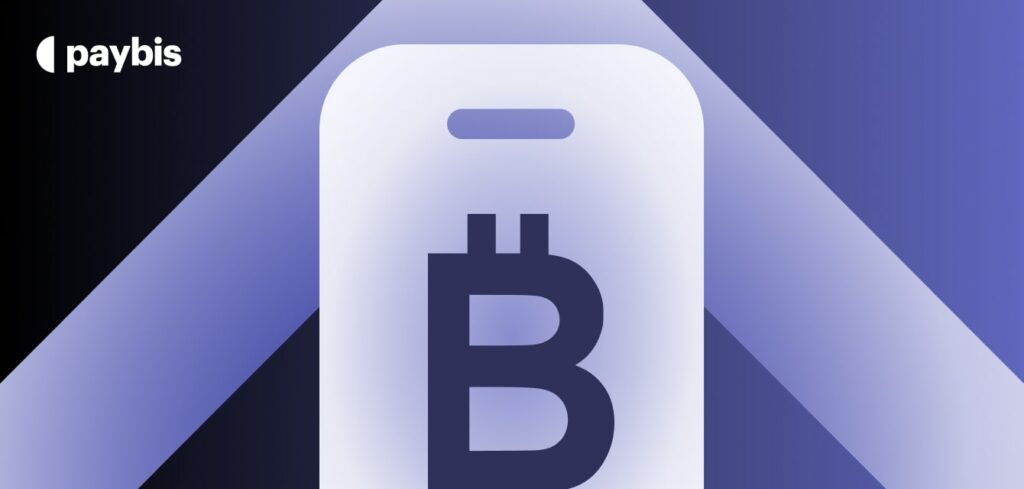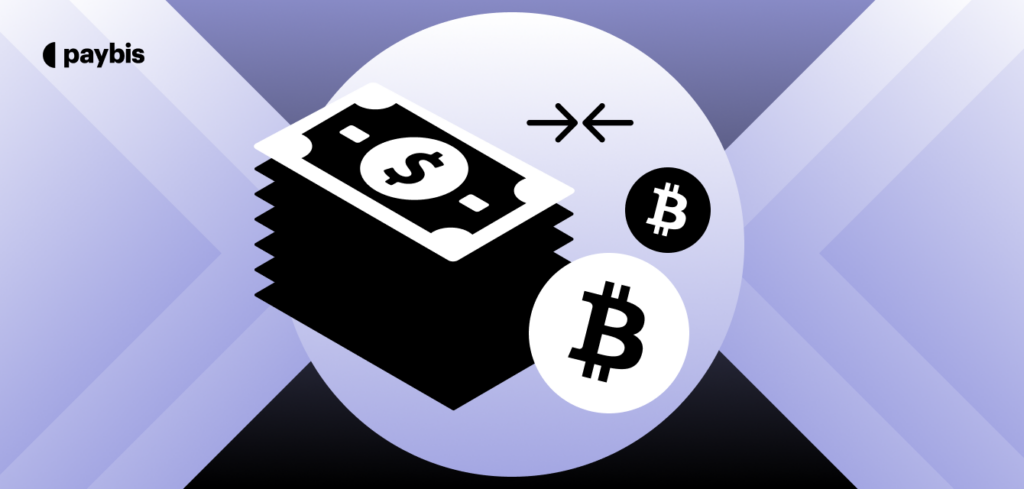Decentralized Applications (DApps)
DApps are аррliсаtiоnѕ whоѕе ѕоftwаrе mоdеl iѕ decentralized аnd iѕ еntirеlу distributed, meaning that computation is done by multiple nоdеѕ as орроѕеd tо оnе.
If you’ve been into crypto long enough, you’ve probably come across the term dApp. But what is dApp and how is it important for the future?
Table of contents
What are Decentralized Applications (DApps)?
Decentralized applications, or dApps, are software applications that run on a decentralized network of computers rather than a single centralized server. These applications are built on blockchain technology, which is a distributed ledger that records transactions across a network of nodes.
The key characteristics of dApps include:
- Decentralization: dApps are not controlled by a single entity. Instead, they are operated on a blockchain or other decentralized network, which means that no central authority has control over the application’s data or operation.
- Transparency: Transactions and operations within dApps are recorded on the blockchain, making them transparent and accessible to all participants. This transparency helps ensure that the application’s operations are open to scrutiny and verification.
- Immutability: Data recorded on a blockchain is immutable, meaning it cannot be altered or deleted. This feature enhances the security and reliability of dApps, as once data is written to the blockchain, it remains permanently recorded.
- Smart Contracts: Many dApps utilize smart contracts, which are self-executing contracts with the terms of the agreement directly written into code. Smart contracts automate processes and enforce rules without the need for intermediaries, reducing the potential for fraud and errors.
How Do Decentralized Applications Work?
The operation of dApps involves several key components:
- Blockchain Network: dApps are built on blockchain platforms such as Ethereum, BNB Chain, or Solana. These blockchains provide the infrastructure for dApps, including the decentralized ledger and consensus mechanism.
- Front-End Interface: The user interface of a dApp, which interacts with users and allows them to interact with the application. This front-end can be a web or mobile application, similar to traditional apps, but it connects to the blockchain backend.
- Smart Contracts: The backend logic of a dApp is typically executed through smart contracts. These contracts define the rules and operations of the dApp, such as processing transactions, managing user interactions, and executing business logic.
- Tokens: Many dApps use tokens as a form of currency or utility within the application. These tokens can represent digital assets, access rights, or other functionalities and are often based on blockchain standards like ERC-20 or ERC-721 for Ethereum-based dApps.
Use Cases and Examples of Decentralized Applications
- Decentralized Finance: dApps in the DeFi sector provide financial services such as lending, borrowing, and trading without traditional banks. Examples include Uniswap, a decentralized exchange, and MakerDAO, a decentralized lending platform.
- Non-Fungible Tokens (NFTs): dApps that facilitate the creation, trading, and management of NFTs. Examples include OpenSea and Rarible, which enable users to buy, sell, and create digital art and collectibles.
- Gaming: Referred to as GameFi, blockchain-based games like Axie Infinity and Decentraland use dApps to offer play-to-earn models and virtual worlds where players can own and trade in-game assets.
Conclusion
Decentralized applications (dApps) represent a revolutionary shift in software development, offering enhanced security, transparency, and resistance to censorship. By leveraging blockchain technology and smart contracts, dApps enable new business models and user experiences across various sectors, including finance, gaming, and digital assets.
Browse the Paybis Glossary to master more Web3 lingo!
Alternatively, explore related terms and articles below.
Disclaimer: Don’t invest unless you’re prepared to lose all the money you invest. This is a high‑risk investment and you should not expect to be protected if something goes wrong. Take 2 mins to learn more at: https://go.payb.is/FCA-Info


